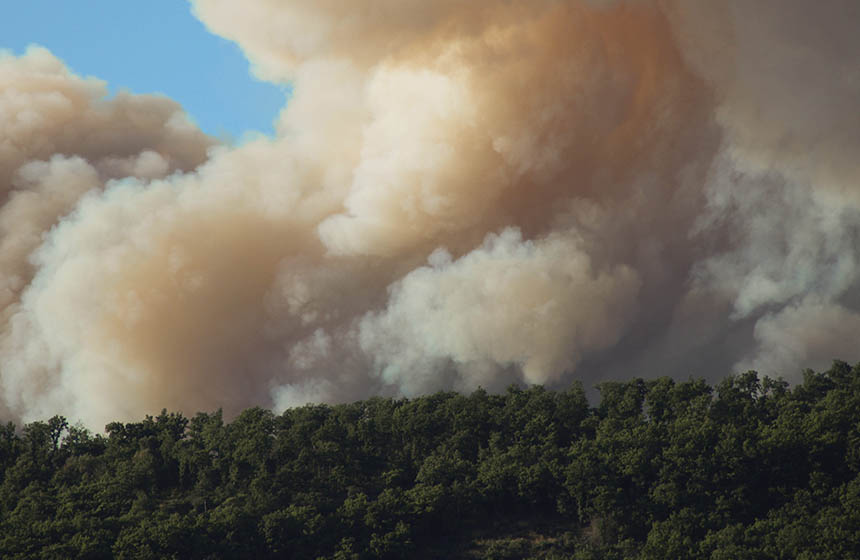Traditional agricultural techniques for water conservation and land restoration
The Association Zoramb Naagtaaba (AZN) was formed by community members from 10 neighbouring villages to restore degraded land and address water scarcity issues through the use of traditional agricultural techniques and other practices tested on demonstration plots.
Nature-based Intervention:
Association Zoramb Naagtaaba (AZN) promotes the restoration of degraded land through the reintroduction of traditional agricultural practices. Demonstration plots are used to test various seed and crop varieties and allow farmers to learn first-hand about hedge and pond construction and other agricultural techniques to improve productivity. Tree planting works to improve soil fertility and reduce run-off while hedgerows help recover storm water, protect crops from wind damage, and serve as a mechanism for keeping livestock out of production areas. A 15-meter firewall is cleared of vegetation yearly to protect the hedgerows from bushfires. A pond area has also been created to further decrease water run-off. Trees were planted around the pond to slow evaporation. Zaï, a traditional cultivation technique to conserve water and soil, has been expanded on the cultivation area. Zaï requires the digging of 15-centimetre deep holes with seeds and compost placed inside and a ridge of soil built up around the perimeter of the hole during the dry season. During the wet season, the holes fill with water and the ridges prevent the organic matter from washing away. Rotational grazing of livestock has been introduced to reduce damage caused by wandering livestock.
Overview of context and outcomes:
In order to address water scarcity, environmental degradation, declining agricultural yields, and high rates of poverty, 10 villages in two provinces of Burkina Faso came together to create AZN.
Case effectiveness on
Climate change
The increased use of the zaï technique has reportedly improved water security. Zaï and other water conservation techniques have also reportedly increased local resilience to drought. Agricultural yields have reportedly increased by a factor of 2 to 3 in some places.
Ecosystem health
Ecological effect: PositiveThe hedgerows have reportedly restored soil biodiversity, increased vegetation cover, and provided habitat for insects, birds, and other animals. Hedgerows and reforestation efforts have re-introduced regionally-diminished tree species.
Socioeconomic outcomes
Farmers in the Mossi Plateau working in hedgerow perimeter farms have reported being able to produce enough staple crops to supply their families with food year round. Agricultural production surpluses have reportedly created additional income streams for local communities.
Governance
The Association Zoramb Naagtaaba is governed by community members from the 10 regional villages working collaboratively to manage the interventions.
Finance
The project has recieved funding from the NGO Terre Verte, the UNDP, the NGO SOS Enfant, Fondation Terra Symbiosis and multiple others.
Monitoring and evaluation
In order to track project outcomes monitoring of agricultural yields takes place.
Trade-offs and limitations
No information yet available on tradeoffs.

Intervention type
- Food production
Ecosystem type
- Terrestrial production
Climate change impacts addressed
- Loss of food production
- Drought
- Reduced water availability
- Soil erosion
Instigators
- Local NGO or CBO (eg. indigenous)
Societal challenges
- Biodiversity conservation
- Climate change adaptation
- Disaster risk reduction
- Economic and Social development
- Rights/empowerment/equality
- Food security
- Water security
Outcomes
- Food security: Positive
- Water security: Positive
- Health: Not reported
- Local economics: Positive
- Livelihoods/goods/basic needs: Not reported
- Energy security: Not reported
- Disaster risk reduction: Positive
- Rights/empowerment/equality: Positive
- Conflict and security: Positive
- No. developmental outcomes reported: 7
Resources
Read resource 1Literature info
- Grey literature



